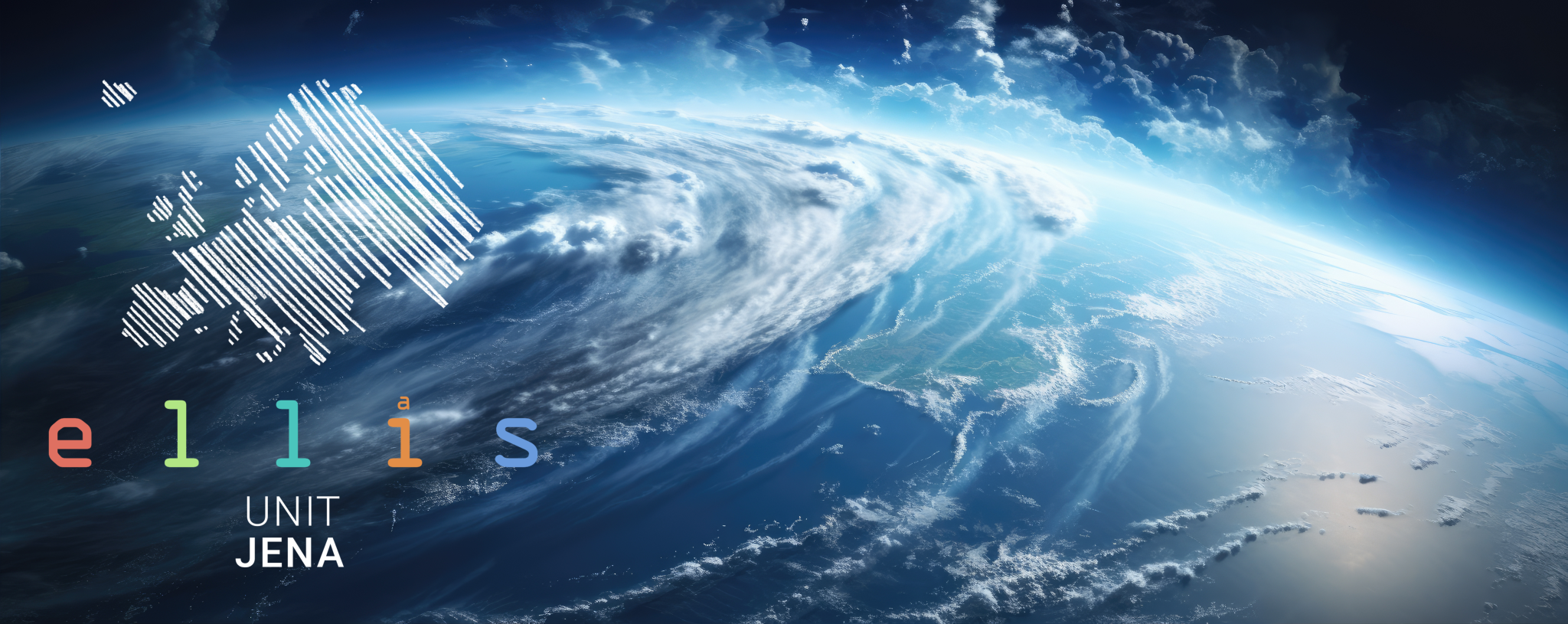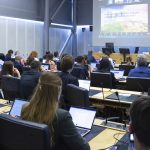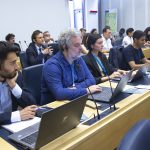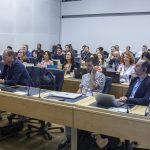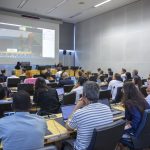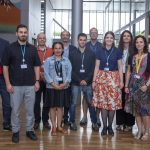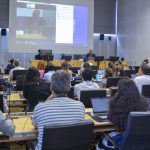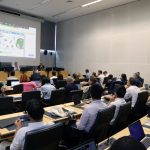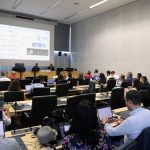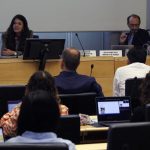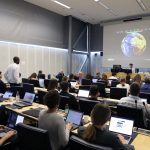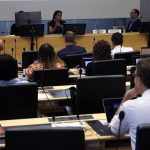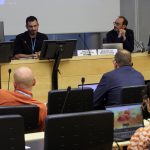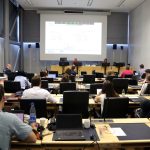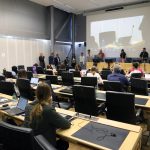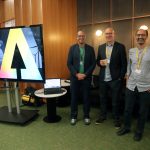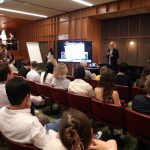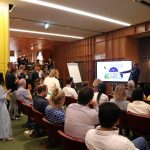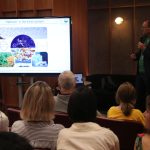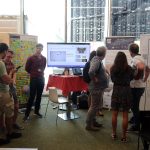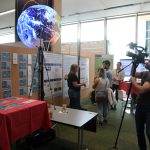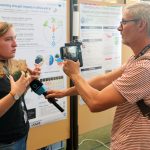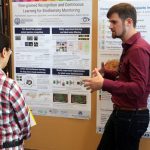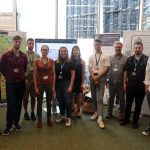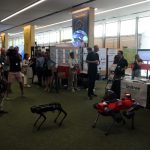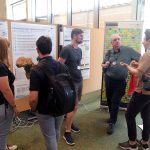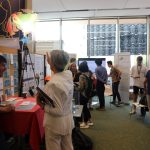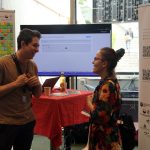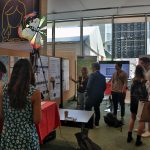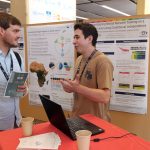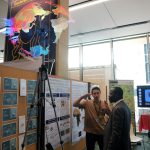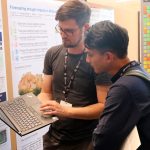Beyond Robots - ELLIS Unit shows opportunities for AI to adapt to climate change
The AI4Good Global Summit, organized by the International Telecommunication Union (ITU), the United Nations specialized agency for information and communication technology, was taking place on July 6 and 7 in Geneva, Switzerland.
This global summit served as a collaborative platform for engaging discussions, knowledge sharing, and valuable networking opportunities, showcasting diverse examples of artificial intelligence (AI) benefiting humanity, such as in climate reserach, robot ambassadors aiding elderly independence and autistic children’s education. Esteemed experts, thought leaders, and innovators from around the world came together to explore the transformative influence of AI on society. Discussions behind the scenes focused on the need to avoid the negative aspects of AI, addressing real existential risks like discrimination, data protection, unemployment, and environmental harm. Questions arose about imbuing AI with human values and the challenges of regulating and trusting AI. The consensus among experts is that governance is urgently required to navigate the complexities of AI and ensure its responsible and beneficial use.
July 5-7: Impressions from the AI4Good Global Summit – more pictures available at the AI4Good FLICKR album: https://www.flickr.com/photos/itupictures/albums/72177720309388995
The ELLIS Unit in Jena, in collaboration with the ELLIS Unit Oxford and the ELLIS program Machine Learning for Earth and Climate Science made significant contributions during the Global Summit in the field of environemntal and climate research. Prof. Dr. Markus Reichstein (Director of the Max Planck Institute for Biogeochemistry), Prof. Dr. Joachim Denzler (Friedrich Schiller University Jena), Prof. Dr. Philip Stier (University of Oxford) and Prof. Dr. Gustau Camps-Valls (University of Valencia) showcased their latest research findings and insights. Their involvement emphasized the crucial role of AI in predicting climate patterns, detecting extreme events, and understanding the complex impacts of climate change influenced by various factors.
At the summit, the experts presented their research results to over 3,000 participants at a interactive booth and delivered on July 6 a TED-talk session exploring how AI is revolutionizing early warning systems for climate change mitigation.
Additionally, they organized and curated one of the pre-summit AI4Good mashine leanring workshops on July 5 titled The role of AI in tackling climate change and its impacts: from science to early warning. This workshop delved into sub-seasonal and seasonal forecasting, distribution shift and attribution, and the detection of extreme events, highlighting the immense potential of AI in addressing climate challenges.
The collective efforts of these institutions underscored the significance of collaborative endeavors between AI and climate research communities to address the pressing issues of our changing climate.
July 5: Well-attended one-day AI4Good workshop The role of AI in tackling climate change and its impacts: from science to early warning orgaized by the ELLIS Unit Jena and Oxford, as well as the ELLIS program Machine Learning for Earth and Climate Science.
July 6: Inspiring TED talks in the AI4Good discovery zone of Prof. Dr. Markus Reichstein (Director of the Max Planck Institute for Biogeochemistry), Prof. Dr. Prof. Dr. Philip Stier (University of Oxford) and Prof. Dr. Gustau Camps-Valls (University of Valencia)
July 6-7: Interesting conversations and fruitful discussions at the ELLIS Unit Jena booth
The engagement with AI4Good is being extended
The ELLIS Unit Jena is excited to announce the second AI4Good webinar series of AI for Earth and Sustainability Science, co-curated by Prof. Dr. Markus Reichstein, Prof. Dr. Joachim Denzler, Prof. Dr. Gustau Camps-Valls, and Assoc. Prof. Dr. Maria Piles. This transformative program, set to begin in September 2023, aims to provide with the knowledge and skills needed to create a positive impact on our planet. The webinar series is designed for AI professional, researcher, or simply passionate about sustainability to broaden their understanding of how AI can address environmental challenges. The eleven talks of the first webinar series (February until May 2023) and all upcoming lectures can be followed live and will be saved online.
